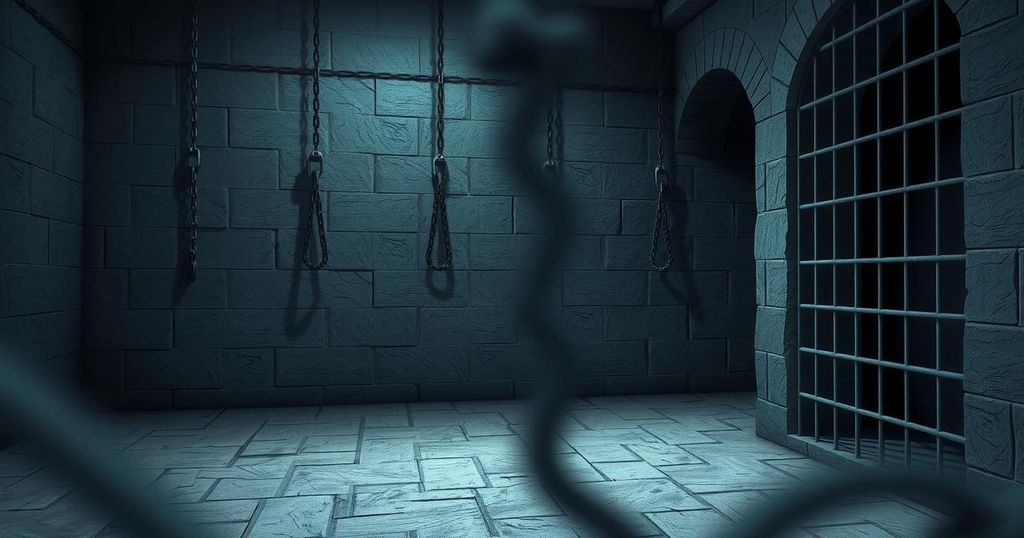The Seven-Year Ordeal of Jagtar Singh Johal: A Call for Justice
Jagtar Singh Johal, a Scottish Sikh activist, has spent over seven years in an Indian jail without conviction on terrorism charges. Recently acquitted in the first of nine cases, his family claims he is innocent and has endured torture. The prosecution’s case, marked by questionable evidence and testimonies, has been criticized. The UK government now calls for his urgent release amidst ongoing legal battles.
Jagtar Singh Johal, a Scottish Sikh activist from Dumbarton, has been imprisoned in India for over seven years since his arrest in Jalandhar on November 4, 2017. He was taken into custody during a visit to Punjab for his wedding celebrations. Despite not being convicted, he has faced numerous serious charges, including terrorism-related accusations. His family asserts that he is innocent and has endured mistreatment in jail, drawing attention to his plight as calls for his release amplify.
The Indian government contends that Jagtar played a role in heinous acts, including orchestrating the killings of seven individuals. His family argues that his activism, which included documenting violence against Sikhs, has been misconstrued as terrorism. Notably, Jagtar has been acquitted in the first of nine cases against him this week, indicating a potential shift in the prolonged legal battle he faces.
After extensive legal proceedings, the judgement revealed that the prosecution failed to present sufficient evidence to substantiate the allegations against Jagtar. Judge Harjeet Singh declared that the prosecution had not gathered credible proof of Jagtar’s involvement in unlawful activities. This acquittal casts doubts on the validity of the remaining charges still pending against him in Delhi.
The testimony from law enforcement officers involved in Jagtar’s arrest revealed inconsistencies and a lack of incriminating evidence. Moreover, the credibility of certain witnesses testified against him was undermined during court hearings. These questionable testimonies contribute to the argument that the prosecution’s case against Jagtar is riddled with unreliable evidence and political motives.
Despite the recent acquittal, Jagtar remains detained, facing additional charges which could entail severe penalties under India’s Unlawful Activities Prevention Act. Critics of this law argue it enables arbitrary labeling of individuals as terrorists without due legal process and often targets minorities. The legal charity Reprieve maintains that the Moga verdict should influence the outcomes of the other cases against Jagtar due to the similarities in allegations.
Calls for action have intensified, with the UK government acknowledging the need for urgent steps towards securing Jagtar’s release. His family remains hopeful, emphasizing that vindication in court is a significant step forward while expressing optimism that his prolonged ordeal may soon conclude. The UK Foreign, Commonwealth and Development Office is reportedly working to expedite progress on Jagtar’s case, despite Indian authorities denying accusations of due process violations and torture.
The case of Jagtar Singh Johal exemplifies the complexities surrounding issues of justice and human rights in international contexts. His recent acquittal marks a pivotal moment, revealing significant weaknesses in the prosecution’s claims. As advocates continue to push for his release, the case highlights the urgent need for reevaluation of legal practices surrounding terrorism accusations and the treatment of minorities within judicial systems. The involvement of the UK government may influence the resolution of this drawn-out ordeal.
Original Source: www.bbc.com




Post Comment